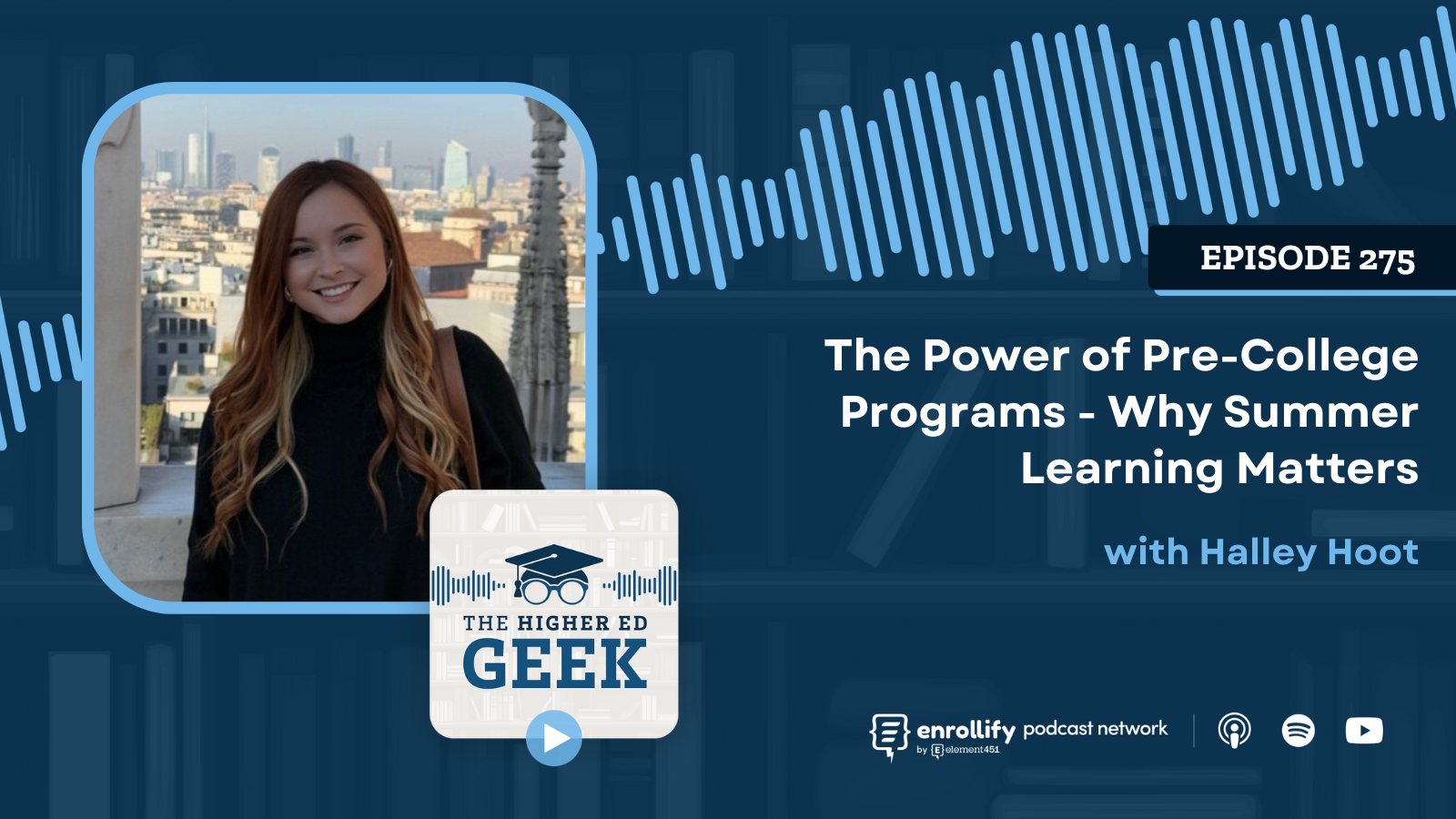About the Episode
Dive into the groundbreaking advancements in AI from 2023. Join hosts Ardis and Dr. JC Bonilla as they explore the year's major milestones in artificial intelligence, their impact on education and work, and the emerging trends in prompt engineering and generative AI.
From ChatGPT's record-breaking user growth to the introduction of GPT-4 and beyond, this episode is your guide to understanding how AI reshaped our world in 2023.
Key Takeaways
- ChatGPT's Explosive Growth: By January 2023, ChatGPT reached 100 million users, becoming the fastest-growing consumer application ever.
- GPT-4 and Beyond: The launch of GPT-4 in March set a new gold standard for generative AI, showcasing capabilities like multimodal input and advanced reasoning.
- Ethics and Legislation: The emergence of AI deepfakes and creative impersonations sparked debates about copyright, IP, and the future of human creativity.
- AI in Education: Tools like Khanmigo and ChatGPT's code interpreter revolutionized learning, analytics, and productivity in higher education.
- A Changing Landscape: Events like Meta’s open-source Llama 2 model and OpenAI’s leadership shakeup highlighted the dynamic and competitive AI ecosystem.
Episode Summary
What Made 2023 the “Year of AI”?
The hosts trace the meteoric rise of AI, starting with ChatGPT’s launch into mainstream popularity. By January 2023, it became clear that AI had arrived, with ChatGPT reaching unprecedented levels of adoption. Generative AI’s intuitive chat interface made it accessible to the masses, setting the stage for its widespread integration into daily life.
March brought GPT-4, a transformative model that raised the bar for generative AI. Its capabilities, like generating functional websites from hand-drawn sketches, redefined productivity tools and demonstrated the potential for AI to augment human creativity and efficiency.
How Did AI Shape Education and Work in 2023?
Education saw groundbreaking developments, including Khan Academy’s AI-powered Khanmigo and the rise of prompt engineering as a critical skill. The year also marked the democratization of AI tools like OpenAI’s code interpreter, enabling users to analyze data without traditional programming expertise.
For higher education, this was both an opportunity and a challenge. Institutions scrambled to adapt curricula and policies, with educators embracing AI as a tutor, assistant, and productivity enhancer. At the same time, fears about plagiarism and data privacy underscored the need for thoughtful integration.
What Were the Challenges and Controversies?
The deepfake Drake incident epitomized the ethical dilemmas of generative AI, highlighting questions around IP, copyright, and artistic integrity. Meanwhile, Hollywood strikes over AI's role in creative industries underscored the growing tension between innovation and job security.
On the regulatory front, the White House’s executive order on AI in October introduced critical guidelines on safety, privacy, and bias. This marked a significant step toward balancing rapid innovation with responsible governance.
What’s Next for AI?
The episode concludes with reflections on 2023 as a reactionary year—one where industries and governments scrambled to keep up with AI’s rapid evolution. Looking ahead to 2024, the hosts anticipate a more proactive approach, with institutions, businesses, and educators prepared to harness AI’s transformative potential.













.png)

